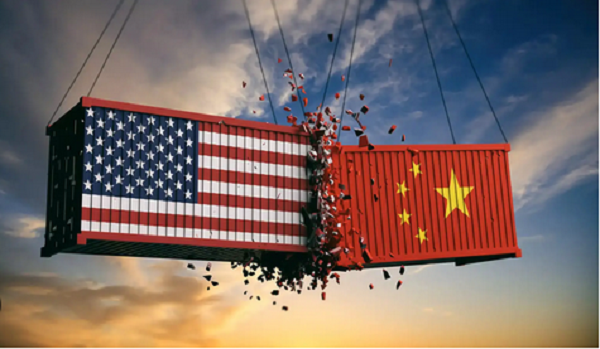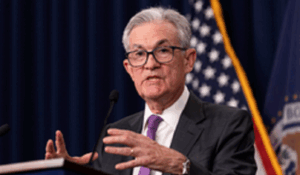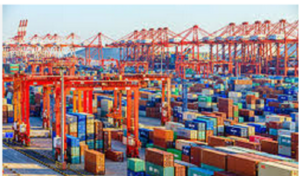Trade talks between U.S. and China to be held in Switzerland
Top U.S. economic officials will meet their Chinese counterparts in Switzerland this week, as both sides look for an off-ramp from an increasingly costly trade war launched by U.S. President Donald Trump.
In a statement Tuesday, Washington said U.S. Treasury Secretary Scott Bessent was headed to Switzerland on Thursday, where he would “meet with the lead representative on economic matters from the People’s Republic of China.”
“I look forward to productive talks as we work toward rebalancing the international economic system toward better serving the interests of the United States,” Mr. Bessent said.
U.S. Trade Representative Jamieson Greer is also headed to Geneva, his office said, where he will meet his Chinese counterpart to “discuss trade matters.”
A spokesperson for China’s Ministry of Commerce confirmed the meetings early Wednesday Beijing time, saying the U.S. had signalled a “desire to discuss tariffs and related issues” which China had “carefully evaluated.”
“After fully considering global expectations, China’s own interests, and appeals from U.S. industry and consumers, China has decided to agree to engage with the U.S.,” the spokesperson said.
Since January, the U.S. has hit China with tariffs totalling 145 per cent, and Beijing has responded with 125-per-cent levies on most U.S. goods. Both economies have begun to feel the strain of reduced exports and severely higher prices, and concerns over disruption to the bilateral relationship have contributed to chaos in the U.S. stock and treasury markets.
Facing growing criticism, Mr. Trump last month said he was open to a trade deal, which he said could happen “pretty quickly,” promising not to “play hardball” during negotiations with China.
“They’re gonna do very well, and I think they’re going to be happy, and we’re gonna live together very happily and ideally work together,” he said.
Mr. Trump has so far refused to lift or pause tariffs on China in order to hold negotiations, and earlier Tuesday, Chinese foreign ministry spokesperson Lin Jian urged Washington to “conduct dialogue with China on the basis of equality, respect and mutual benefit.”
“This tariff war was initiated by the U.S. side. China’s attitude has always been consistent and clear,” Mr. Lin said. “If you want to fight, we will fight to the end. If you want to talk, the door is open.”
The Commerce Ministry echoed this Wednesday, saying that if the U.S. truly wanted to “resolve issues through negotiation, it must acknowledge the serious negative impacts that unilateral tariff measures have had on itself and the world.”
If the U.S. “tries to use talks as a pretext to continue coercion and extortion, China will absolutely refuse and will not sacrifice its principles or international fairness and justice to secure any agreement,” the spokesperson said.
It is unclear what the talks in Switzerland might involve, though the massive sanctions imposed by both sides give a lot of room for reductions or carve-outs for specific industries.
Speaking before a congressional panel earlier Tuesday on potential negotiations with China, Mr. Bessent said he expected to see “a substantial reduction in the tariffs that we are being charged, as well as non-tariff barriers – currency manipulation and the subsidies of both labour and capital investment.”
According to reporting by The Wall Street Journal and The New York Times, China is considering offering concessions on fentanyl as an opening gambit in talks. Mr. Trump has made cracking down on the illicit opioid a major priority and tied countries’ willingness to police exports of fentanyl and related precursors to tariffs.
This article was first reported by The Globe and Mail














